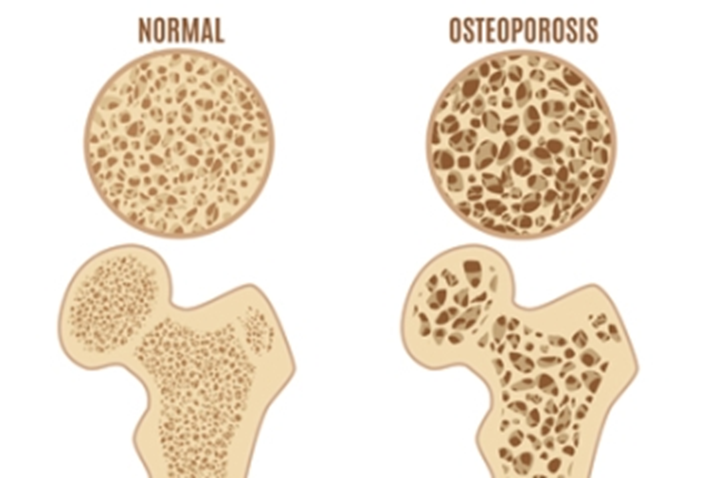A nurse is reinforcing discharge teaching with the partner of a client who requires tracheal suctioning. Which of the following statements by the partner indicates an understanding of the teaching?
"I will wrap the suction catheters in a clean towel to be used again at a later time."
"I will set the suction pressure dial between 80 and 120."
"I will suction for less than 15 seconds while inserting the suction catheter."
"I will suction the mouth before inserting the suction catheter into the tracheostomy."
The Correct Answer is B
Choice A Reason:
The statement “I will wrap the suction catheters in a clean towel to be used again at a later time” is incorrect. Suction catheters should be disposed of after each use to prevent infection. Reusing catheters, even if wrapped in a clean towel, can introduce bacteria into the tracheostomy site, leading to potential infections.
Choice B Reason:
The statement “I will set the suction pressure dial between 80 and 120” is correct. The recommended suction pressure for adults is typically between 80 and 120 mmHg. This range is sufficient to effectively clear secretions without causing trauma to the tracheal mucosa. Setting the suction pressure within this range ensures safe and effective suctioning.
Choice C Reason:
The statement “I will suction for less than 15 seconds while inserting the suction catheter” is incorrect. Suctioning should be performed intermittently and for no longer than 10-15 seconds at a time. However, suctioning should not occur while inserting the catheter. Suction should be applied only while withdrawing the catheter to minimize trauma to the tracheal mucosa.
Choice D Reason:
The statement “I will suction the mouth before inserting the suction catheter into the tracheostomy” is incorrect. Suctioning the mouth before the tracheostomy can introduce oral bacteria into the tracheostomy site, increasing the risk of infection. The correct procedure is to suction the tracheostomy first and then the mouth if needed.
Nursing Test Bank
Naxlex Comprehensive Predictor Exams
Related Questions
Correct Answer is A
Explanation
The correct answer is A:
Choice A reason:
Replace the unit when the drainage chamber is full. This ensures continuous, effective drainage. A full chamber cannot collect more fluid, risking system compromise and patient safety.
Choice B reason:
Pinning the tubing to the bed sheets is incorrect because it can cause kinks in the tubing, leading to obstruction of drainage and potential complications.
Choice C reason:
Monitoring for at least 150 mL of drainage every hour is not a standard practice. Normal chest tube drainage is variable; excessive drainage, such as 150 mL/hour, could indicate a serious condition like hemorrhage.
Choice D reason:
Clamping the tube routinely for 30 minutes every 8 hours is not recommended. Clamping may be done during tube removal or to check for air leaks but doing so routinely can lead to tension pneumothorax.
Correct Answer is B
Explanation
Choice a is not correct because consuming canned sardines twice a week is not a risk factor for osteoporosis, but rather a protective factor. Canned sardines are rich in calcium and vitamin D, which are essential for bone health.

Choice c is not correct because applying an estrogen vaginal cream daily is not a risk factor for osteoporosis, but rather a treatment option. Estrogen therapy can help prevent bone loss and reduce the risk of fractures in postmenopausal women.
Choice d is not correct because walking 30 minutes per day is not a risk factor for osteoporosis, but rather a beneficial exercise. Weight-bearing physical activity can stimulate bone formation and improve bone strength.
Whether you are a student looking to ace your exams or a practicing nurse seeking to enhance your expertise , our nursing education contents will empower you with the confidence and competence to make a difference in the lives of patients and become a respected leader in the healthcare field.
Visit Naxlex, invest in your future and unlock endless possibilities with our unparalleled nursing education contents today
Report Wrong Answer on the Current Question
Do you disagree with the answer? If yes, what is your expected answer? Explain.
Kindly be descriptive with the issue you are facing.
